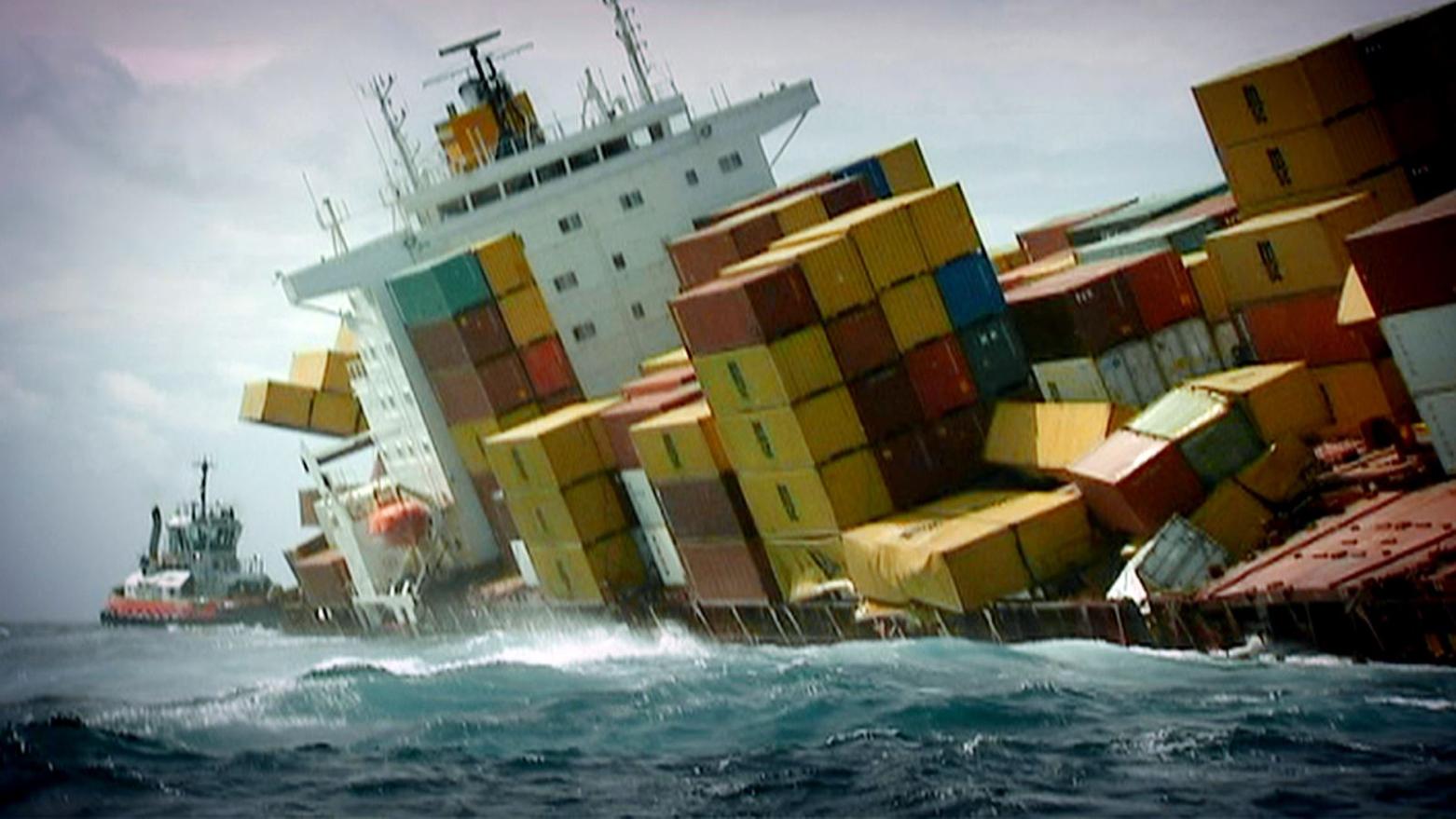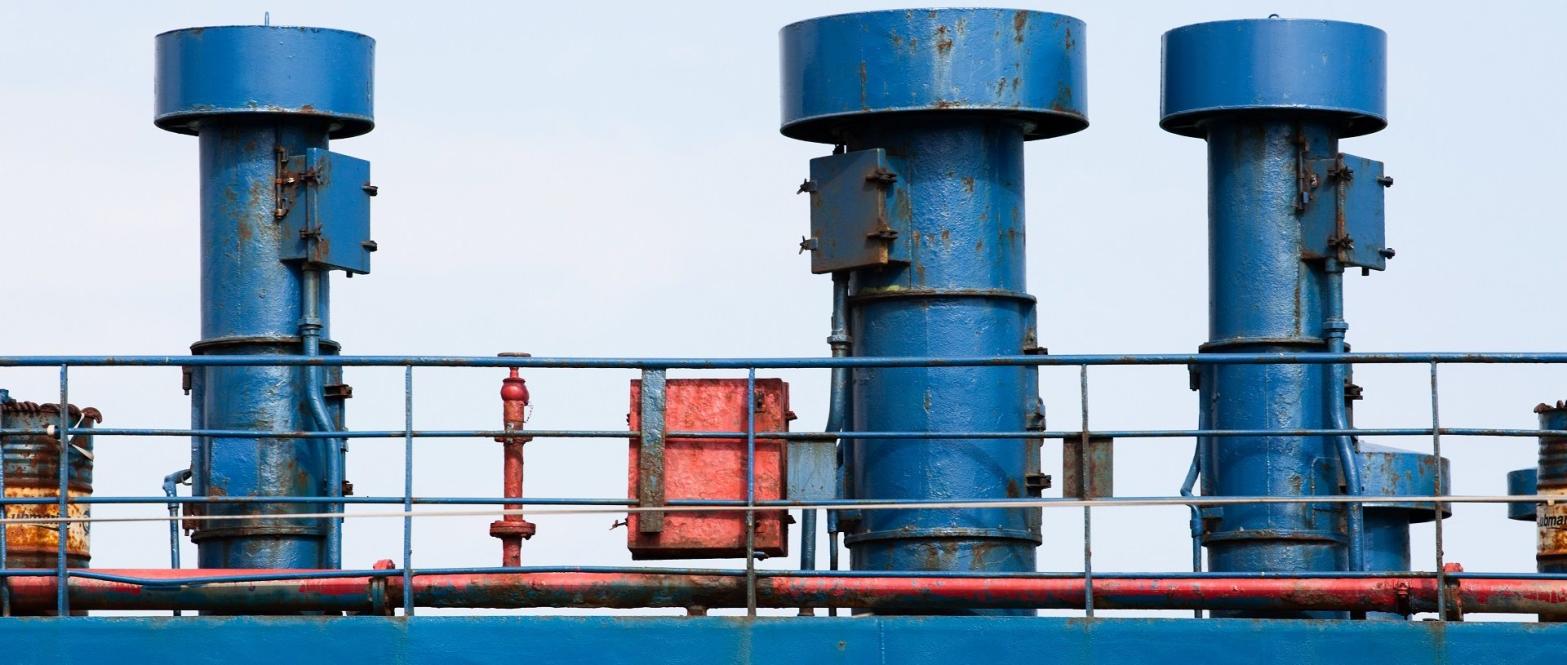What Are the Most Common Causes of Cargo Loss?
In the intricate web of global trade, cargo loss stands as a persistent challenge, threatening the integrity of supply chains and incurring substantial financial and reputational consequences. Understanding the root causes of cargo loss is paramount in devising effective strategies to mitigate these risks and ensure the seamless flow of goods across borders.

I. Common Causes Of Cargo Loss
1. Natural Disasters:
The forces of nature can wreak havoc on cargo, causing widespread loss and disruption. Extreme weather events, such as storms, hurricanes, and earthquakes, pose significant threats to cargo during transportation.
- Storms: High winds and torrential rains associated with storms can cause ships to capsize, leading to cargo loss. For instance, in 2013, Typhoon Haiyan devastated the Philippines, causing extensive damage to cargo ships and resulting in substantial cargo loss.
- Hurricanes: These powerful storms can generate massive waves and storm surges, causing flooding and inundation of coastal areas. Cargo stored in warehouses or terminals near coastlines is particularly vulnerable to hurricane damage.
- Earthquakes: The sudden and violent shaking caused by earthquakes can topple cargo containers, causing damage or loss of goods. Moreover, earthquakes can trigger landslides or tsunamis, further exacerbating cargo loss.
2. Human Error:
Human negligence or oversight can significantly contribute to cargo loss. Improper loading, inadequate packaging, or mishandling during transportation can result in damage or loss of cargo.
- Improper Loading: Failure to properly secure cargo during loading can lead to shifting or falling cargo, causing damage or loss. For example, in 2018, an improperly loaded container fell from a ship, resulting in the loss of valuable cargo.
- Inadequate Packaging: Using substandard packaging materials or improper packaging techniques can compromise the integrity of cargo, making it susceptible to damage during handling or transportation.
- Mishandling: Rough handling of cargo during loading, unloading, or transportation can cause damage or loss. Negligence or carelessness by personnel involved in cargo handling can contribute to mishandling incidents.
3. Theft And Piracy:
Cargo theft and piracy remain significant threats to cargo security, particularly in certain regions of the world. Criminal networks and pirates target cargo ships, hijacking vessels or stealing cargo during transit.
- Cargo Theft: Cargo theft can occur at various points along the supply chain, including warehouses, terminals, or during transportation. Organized crime groups often target high-value cargo, such as electronics, pharmaceuticals, or luxury goods.
- Piracy: Piracy incidents primarily occur in certain regions, such as the Gulf of Aden, the Strait of Malacca, and the waters off West Africa. Pirates attack cargo ships, hijacking vessels and holding cargo for ransom or stealing cargo outright.
4. Accidents And Collisions:

Accidents involving ships, trucks, or trains can result in cargo loss. Collisions, mechanical failures, or human error can lead to accidents that cause damage or loss of cargo.
- Ship Collisions: Collisions between ships can occur due to various factors, such as human error, mechanical failures, or adverse weather conditions. These collisions can result in significant cargo loss, as well as environmental damage.
- Truck Accidents: Truck accidents can occur due to driver fatigue, reckless driving, or mechanical failures. These accidents can cause cargo damage or loss, particularly if the cargo is not properly secured.
- Train Derailments: Train derailments can occur due to track defects, mechanical failures, or human error. Derailments can result in cargo damage or loss, especially if the cargo is hazardous or perishable.
5. Mechanical Failures:
Mechanical failures in transportation equipment, such as engines, brakes, or steering systems, can lead to accidents and cargo loss. Poor maintenance or inadequate inspections can increase the risk of mechanical failures.
- Engine Failures: Engine failures can cause ships or trucks to lose power, resulting in accidents or delays that can lead to cargo damage or loss.
- Brake Failures: Brake failures can lead to accidents, particularly in mountainous or icy conditions. These accidents can cause cargo damage or loss.
- Steering Failures: Steering failures can cause vehicles to lose control, leading to accidents and cargo loss.
II. Preventive Measures

Proactive measures can be taken to minimize the risk of cargo loss and protect the integrity of supply chains.
1. Proper Packaging And Loading:
Using appropriate packaging materials and techniques can protect cargo from damage during handling and transportation. Proper loading and unloading procedures can also minimize the risk of cargo shifting or falling.
- Use Sturdy Packaging: Choose packaging materials that are strong enough to withstand the rigors of transportation and handling.
- Properly Secure Cargo: Ensure that cargo is properly secured within containers or vehicles to prevent shifting or falling.
- Follow Loading and Unloading Guidelines: Adhere to established guidelines and procedures for loading and unloading cargo to minimize the risk of damage.
2. Enhanced Security Measures:
Implementing robust security measures can deter cargo theft and piracy. Technology, such as GPS tracking and electronic seals, can enhance cargo visibility and security.
- GPS Tracking: Use GPS tracking devices to monitor the location of cargo in real-time, enabling authorities to track stolen cargo and deter theft.
- Electronic Seals: Employ electronic seals to secure cargo containers and monitor their integrity. Tampering with electronic seals triggers alerts, deterring theft and providing evidence of unauthorized access.
- Security Personnel: Employ security personnel to monitor cargo during transportation and at terminals or warehouses to deter theft and ensure cargo integrity.
3. Training And Education:
Providing training and education to personnel involved in cargo handling and transportation can significantly reduce the risk of cargo loss due to human error.
- Cargo Handling Training: Train personnel on proper cargo handling techniques, including loading, unloading, and securing cargo, to minimize the risk of damage or loss.
- Security Awareness Training: Educate personnel on cargo security measures, including recognizing suspicious activities and reporting them promptly, to deter theft and piracy.
- Emergency Response Training: Provide training on emergency response procedures in case of accidents or natural disasters to minimize cargo loss and protect personnel safety.
Cargo loss remains a persistent challenge in the shipping industry, with various factors contributing to its occurrence. Natural disasters, human error, theft and piracy, accidents and collisions, and mechanical failures pose significant risks to cargo during transportation. By implementing proactive measures, such as proper packaging and loading, enhanced security measures, and training and education, stakeholders can minimize the risk of cargo loss and ensure the integrity of supply chains.
Collaboration among shippers, carriers, and authorities is essential in addressing the root causes of cargo loss and developing effective strategies to prevent and mitigate these incidents. By working together, stakeholders can create a safer and more secure environment for cargo transportation, fostering economic growth and global trade.
YesNo

Leave a Reply